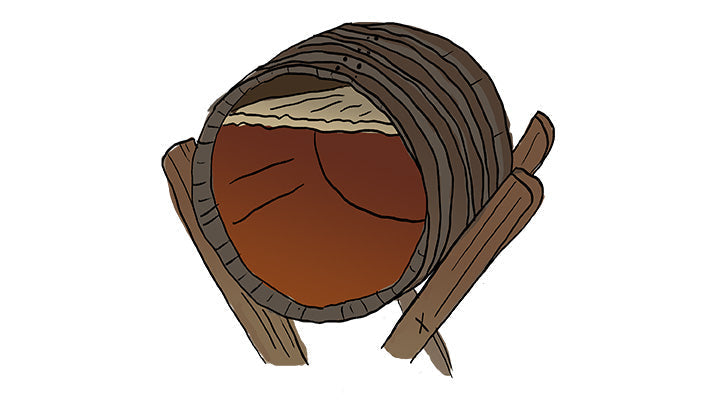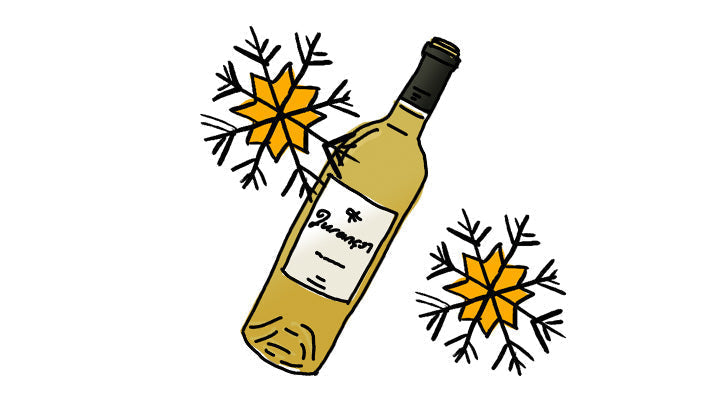The medals displayed on wine bottles can generate varying opinions among wine enthusiasts and consumers.
They can be:
-
Quality Marker: Medals can serve as a quick marker to identify wines that have been recognized by experts for their superior quality. This can help consumers make informed decisions when purchasing.
-
Peer Recognition: Medals from reputable tasting competitions can represent a form of recognition from peers and industry professionals, which can bolster confidence in wine choice.
-
Navigating Choice: Medals can assist in navigating the vast array of wines available in the market. They can steer consumers towards options that are worth exploring.
But you should also bear this in mind:
-
Subjectivity: Tasting competitions are subject to subjectivity. Taste preferences vary significantly from one taster to another, meaning a wine appreciated by an expert panel might not appeal to all consumers.
-
Participation Costs: Some competitions require participation fees from wine producers. This can bias results in favor of larger or wealthier producers, sidelining quality artisanal wines.
-
Variability of Criteria: Scoring criteria differ across competitions. Some focus on specific elements like structure and acidity, while others prioritize approachability.
Ultimately, medals on wine bottles can serve as a starting point for consumers, but they shouldn't be the sole factor considered. Personal opinions and taste preferences play a pivotal role in selecting a wine that aligns with one's own palate. Medals can help narrow down choices, but personal tasting remains the surest way to discover a wine that provides genuine satisfaction.














